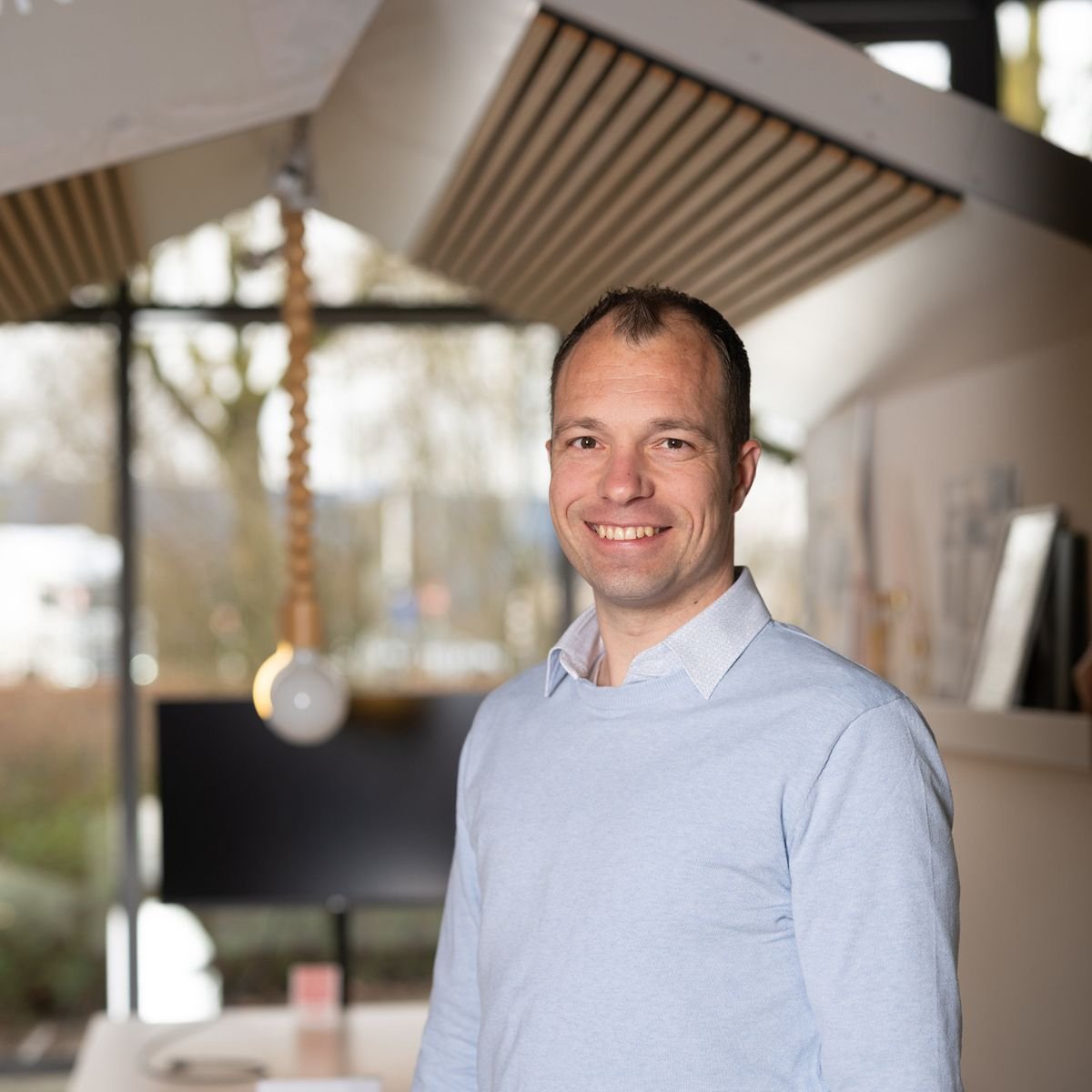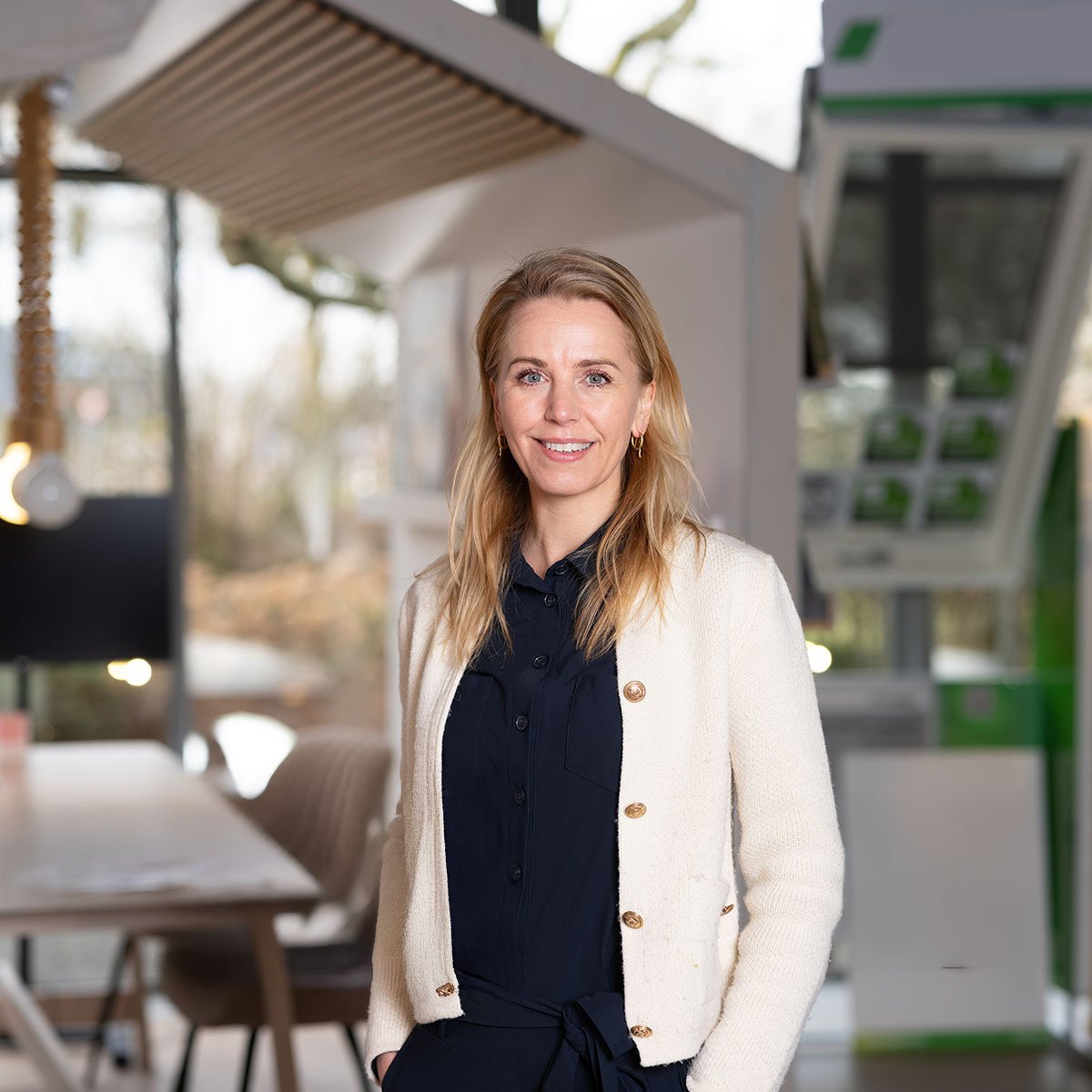Stakeholders increasingly want to know what our social impact is
Case study
Van Wijnen is a locally involved construction company. Spread across 32 locations, more than 2,400 colleagues work hard every day to create liveable neighbourhoods out of homes that are both affordable and sustainable. Van Wijnen asked Impact House by Grant Thornton to help steer and communicate this social impact.
And this is paying off, especially in view of the still approaching Corporate Sustainability Reporting Directive (CSRD). Erwin van der Graaff, ESG Coordinator at Van Wijnen and Annemieke Bos, partner at Impact House by Grant Thornton, discuss this further.
Erwin sees the importance of sharing social impact with stakeholders: "Our stakeholders are increasingly asking about our social impact. And it is often bigger than people expect”. Erwin puts it aptly: "As a construction company, we make a lot of impact in the neighbourhood every day. We have an important social function. And we want to be transparent about that".
Transparency obligation as an opportunity
Annemieke: "The Corporate Sustainability Reporting Directive (CSRD) is a European directive that encourages companies towards sustainable business through transparency. We apply this directive in collaboration in a way that benefits the organisation. Gathering information is not an end in itself; that data should actually represent something, give you insight, and encourage you to make clear policy choices. Only then does it have value".
The origins of the partnership
Let’s go back in time for a moment, to the origins of the partnership between Impact House and Van Wijnen. That started in 2020 when the construction company recalibrated its strategy. Van Wijnen chose seven themes that the company explicitly addressed. Four of them were labelled natural; they belong to a socially responsible company. Van Wijnen wants to reduce its CO2 footprint, be a safe organisation, take good care of its employees and reduce waste. The other three themes is where Van Wijnen's distinguishes itself. These are future-proof neighbourhood living, affordability and circularity.
Outlining the context and helping with sharp choices
Impact House supported Van Wijnen in shaping this renewed business strategy. "Our role was to outline market trends and developments, such as climate urgency, an ageing population and the massive housing shortage", says Annemieke.
"The CSRD was not a thing yet, but of course we knew that this reporting requirement was imminent. This necessary context enabled Van Wijnen to make sharp choices for its strategic agenda for the future." According to Annemieke, it is an advantage that Van Wijnen has already properly figured out where the company can make a difference. “That’s not something you want to decide on just because there might be a reporting requirement. You do it because that's how you future-proof the business."

Making data transparent
Erwin started at Van Wijnen as a business controller and slowly moved towards the ESG domain, as this area increasingly caught his interest. "Collecting data is challenging, but essential to our sustainable strategy. Continuing to inspire colleagues with our ambitions is also important. Thanks to high-quality data, we are getting more and more people within the organisation on board with our sustainable course."
Both an honest and sustainable living
A great example is Van Wijnen's housing factory in Heerenveen, where factory houses are produced efficiently and affordably, as well as sustainably, in a pioneering way. The housing factory thus contributes to the construction company's strategic goals. "For me, the task is to convince colleagues that by doing so, we are working towards a better, sustainable and affordable neighbourhood, as well as saving on materials and emissions. And, not unimportantly: that we can earn an honest living from it as a construction company."
Between the lines
Annemieke helps Erwin tell this data-backed story. And that requires precision. “It doesn’t help Erwin if I give him a slide deck of more than 30 pages. Or with a thick report", Annemieke says. "Our work is not in the reports, but rather between the lines. We talk frequently about how to reduce negative impact and make positive impact. And then we translate it into risks and opportunities for the organisation. By continually engaging in the conversation, the sustainable path gets into people's heads."
Data comes in handy
The focus on data quality in recent years comes in handy. On many topics, data quality is already well in place, for example for CO2 emissions, safety, health and fair business. Van Wijnen also has detailed information from neighbourhoods, such as resident satisfaction, the sustainable state of the homes and what interventions are needed to make an energy label jump. Van Wijnen has also collected information and developed policies on absenteeism, safety and materials in the chain over the years.

Well prepared
Since 2022, Van Wijnen has been producing an annual sustainability report, increasingly in line with the approaching European rules on sustainability reporting. Van Wijnen chooses to use this report internally first, so that the organisation can learn from it and gain experience at the same time. Erwin: "But we also definitely see opportunities to share these reports with external stakeholders. This helps us maintain our licence to operate.
Although it is a lot of work to produce a compliant report, the work is necessary to accelerate". Erwin, with due pride, said: "Once the CSRD is actually in force, we can say we are well prepared". After more than an hour in the meeting room 'Brons' of the Dordrecht regional office of construction company Van Wijnen, Annemieke concludes the two-way conversation with a compliment. "I think it is clever how Erwin keeps the sustainable strategy alive and well here at Van Wijnen, even as the landscape of sustainability laws and regulations is changing."
Related articles
View more

From reporting to progress

Simplified CSRD and CSDDD: what do the new European rules mean for your organisation?





